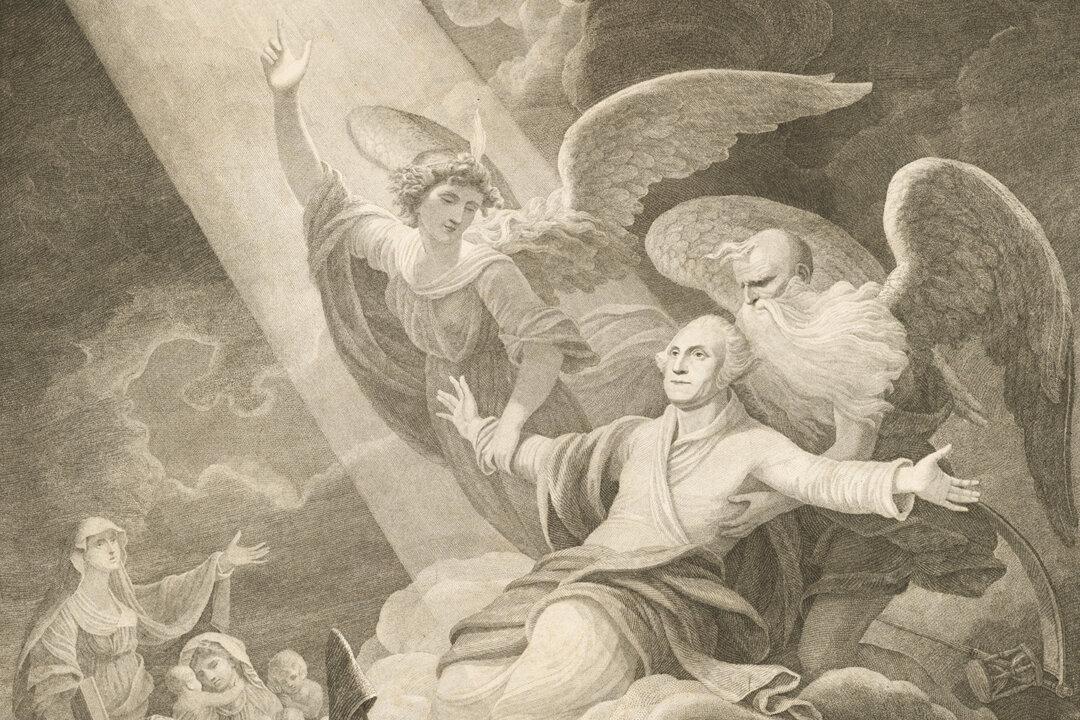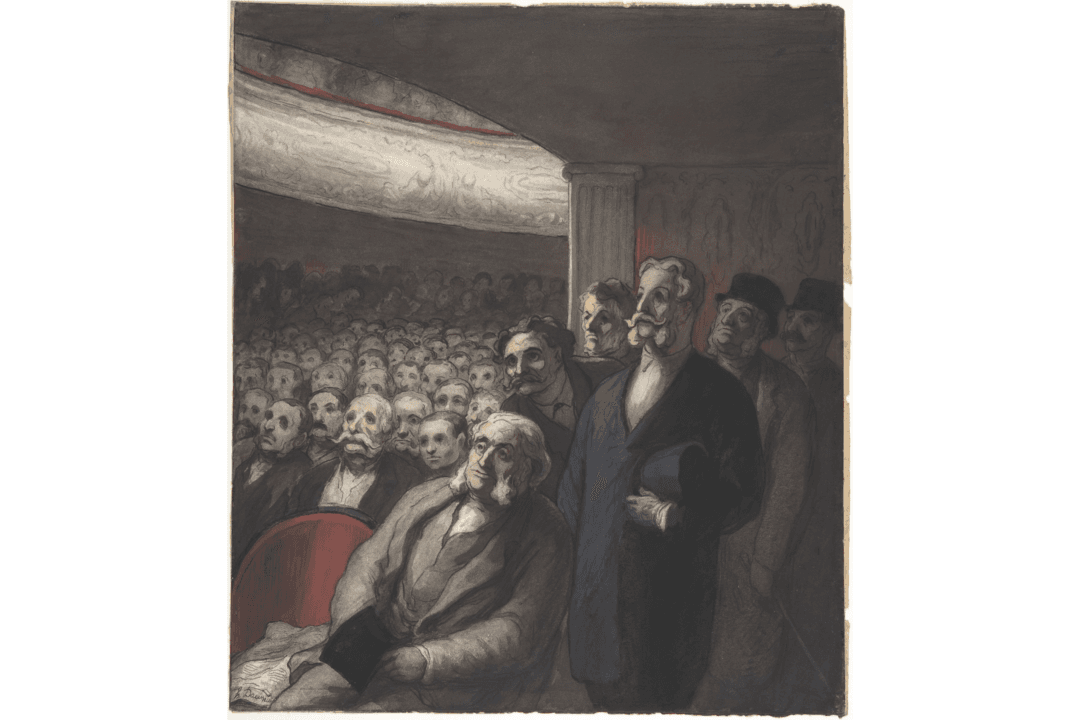The musical, that distinctly American art form, has transformed significantly since its beginnings with “Show Boat” and “Oklahoma!”—musicals that took their art seriously—to its present incarnation of jukebox musicals (“Jersey Boys,” “Mamma Mia!”), corporate musicals (anything Disney), revivals (“The Music Man,” “Anything Goes”), and political or “message” musicals (“Next to Normal”). None of these genres, to my mind, work very hard artistically while bringing in the tourist dollars. They don’t have to.
The allure of the musical with its promise of magnificent sets, memorable tunes (one hopes), and an escape from the everyday is sufficient to keep it alive and prosperous (despite ridiculously high ticket prices scaring off some potential viewers).






